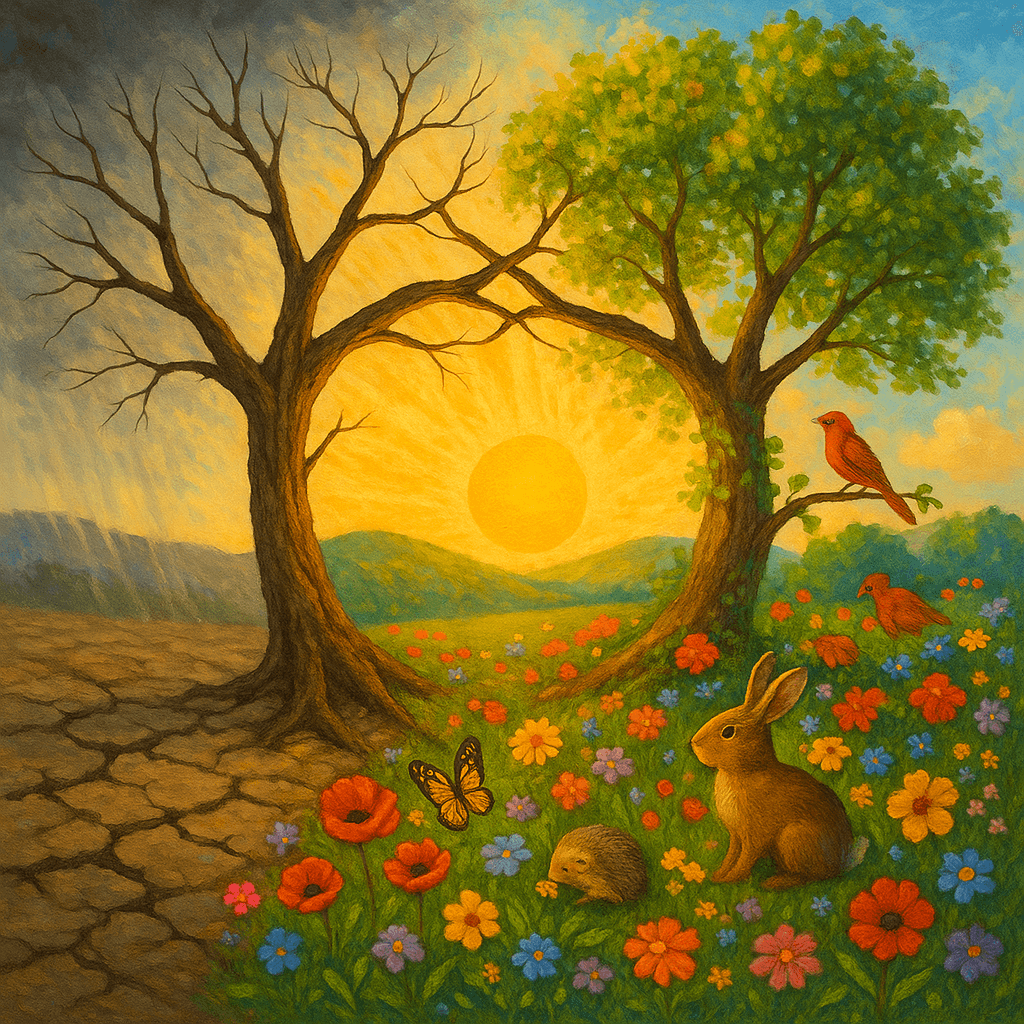The Transformative Power of Friendship and Love in Healing

The greatest healing therapy is friendship and love. — Hubert H. Humphrey
—What lingers after this line?
One-minute reflection
What's one small action this suggests?
The Profound Influence of Human Connection
Humphrey’s statement draws attention to one of life’s most essential truths: our psychological and physical well-being are deeply connected to the quality of our relationships. Throughout history, sages and philosophers have championed the belief that friendship and love form the very backbone of resilience. The ancient Greek philosopher Aristotle, for instance, considered friendship a necessary ingredient for the good life in his work *Nicomachean Ethics*.
Science Backs the Healing Effect of Relationships
Transitioning from philosophical musings to empirical evidence, studies in health psychology repeatedly show that strong social support networks enhance recovery rates from illness and decrease stress. A landmark paper in the journal *Science* (House et al., 1988) found that individuals with close connections had up to a 50% increased chance of survival compared to those who were isolated. Clearly, the bonds of friendship and love are not just emotionally nourishing—they’re medicinal.
Emotional Support as a Buffer Against Hardship
Building on this, the presence of empathetic friends or loving partners acts as a protective buffer during times of crisis. When adversity strikes, those encircled by understanding and compassion tend to cope more effectively. The simple act of listening, for example, can provide relief akin to direct medical intervention, offering reassurance and hope. Viktor Frankl, survivor of the Holocaust and author of *Man’s Search for Meaning*, credits much of his endurance to the love and connections he maintained, even in memory.
Healing the Body Through Affection
Moreover, the impact of affection on our physical bodies is remarkable. Oxytocin, often called the 'bonding hormone,' is released during times of loving interaction—through a hug or kind words—lowering blood pressure and easing anxiety. Medical researchers have found that patients recovering from surgery or chronic illnesses fare better if surrounded by a caring network, as detailed in a 2004 review in *Psychological Bulletin*.
Creating Communities of Care for Lifelong Well-Being
Finally, the search for healing leads us to the communal level. By cultivating communities rooted in friendship and love, we foster environments where every individual’s well-being can flourish. Stories of neighborhood support in times of disaster—such as those shared after the 2011 earthquake in Japan—remind us that collective care can turn the tide from trauma to recovery. Thus, the healing therapies of friendship and love extend well beyond the individual, nurturing the health of heart and society alike.